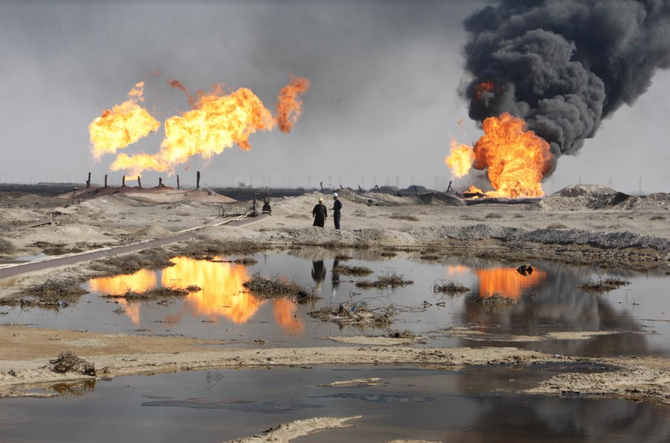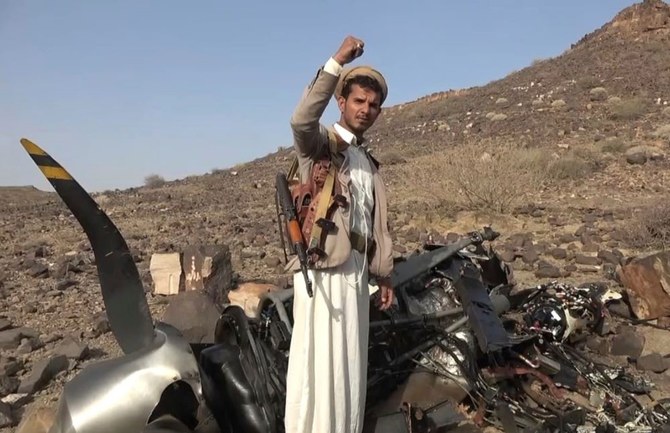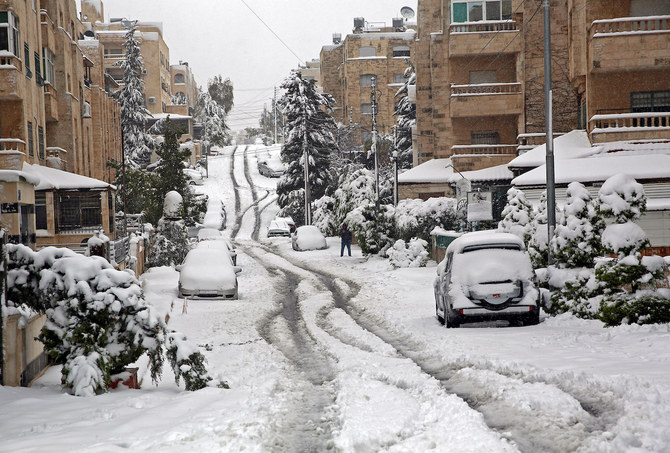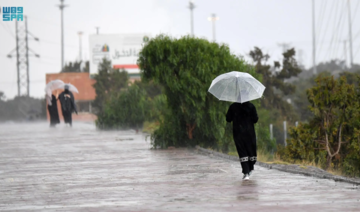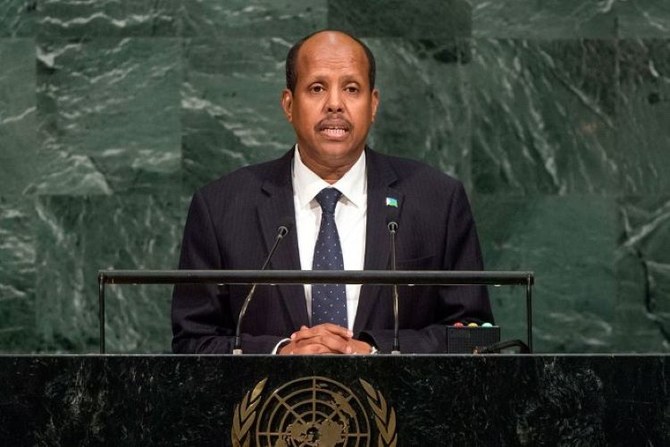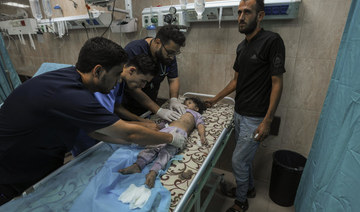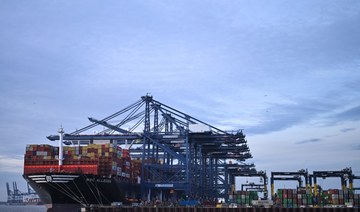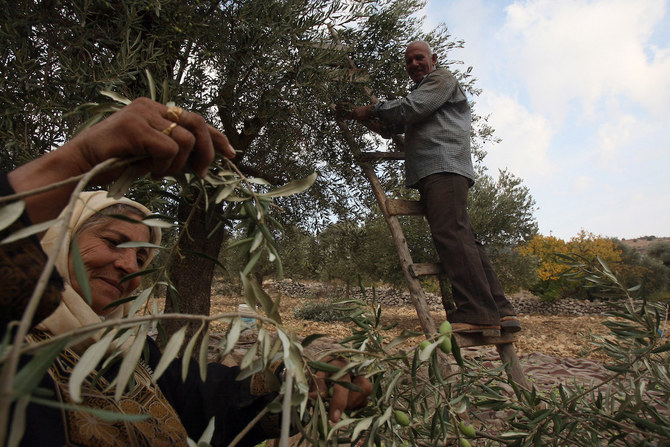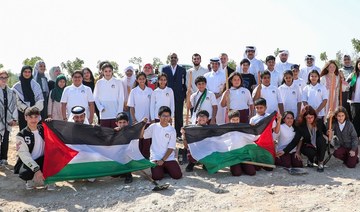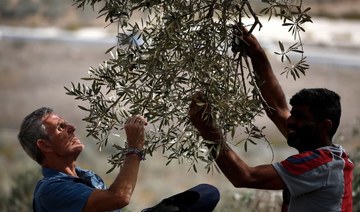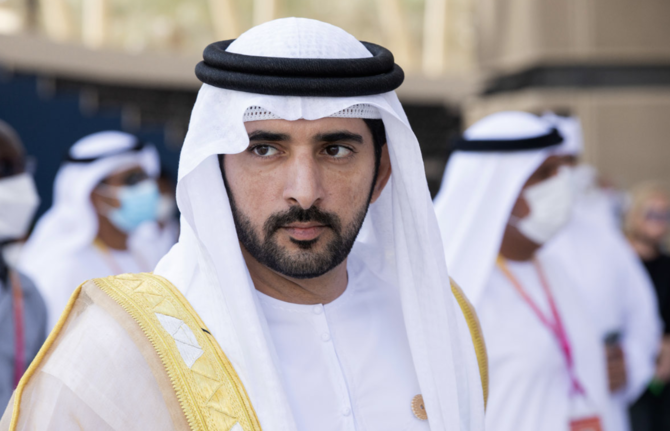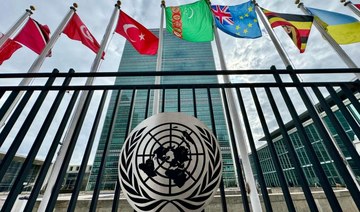Basra: Driving pick-up trucks, the hit squad prowled the streets of Basra in southern Iraq, searching for the oil contractor it had been sent to kill. When the gunmen finally cornered Kadhim Wattban near his home, just before midnight, the married father of three stood no chance. He was shot more than two dozen times.
The murder in the affluent neighborhood of Baradhiyah in January shocked few people in the port city, where sudden bursts of violence have become part of everyday life. But the muted reaction from residents and police was the clearest sign yet that security in this strategic town has all but broken down.
While Daesh has wrought havoc elsewhere in Iraq, Basra’s troubles are caused by multinational companies, corrupt officials and avaricious tribal chiefs, according to sources who spoke to Arab News. Wattban was just one more victim in a bloody local struggle for money and power that is fueled by the world’s endless thirst for the country’s most lucrative asset, oil.
- Tribes, multinational corporations and corrupt officials collude to make millions and sow fear in Basra
- Murder rate rises as oil wealth creates “a state within the state,” threatening “the economic lifeline of Iraq”
- Government czar says racketeering networks paid three tribes $105 million in bribes disguised as compensation
“All these tribes have turned into mafias,” a military adviser said on condition of anonymity. “This is a very serious problem that we have been suffering from for years. The local government is incapable of dealing with them as they have turned out to be a state within the state.”
Situated in the southeast corner of Iraq, Basra is home to 2 million people, with an infrastructure, economy, governance and culture that are inextricably linked to the energy industry. Were the city and surrounding province that shares its name a country, it would be the eighth-biggest oil producer in the world, ahead of the United Arab Emirates and Kuwait.
Basra produces about 3.5 million barrels of oil per day — roughly 70 percent of Iraq’s national output. Its stability is essential to the country’s chances of maintaining influence within the international community and recovering from the devastation caused by the three-year war against Daesh.
But these high stakes have brought new dangers that could prove almost as challenging to the government as the extremists’ campaign to forge a medieval state in the Middle East, according to officials, community leaders and industry insiders who spoke to Arab News.
Desperate to gain a bigger slice of the multi-trillion-dollar energy market, some of the world’s wealthiest companies have entered into murky, back-channel partnerships with local tribes and corrupt bureaucrats to secure access to the oilfields. This has led to massive bribes changing hands.
One senior government official appointed by the Iraqi Prime Minister Haider Al-Abadi to investigate the issue claimed three of Basra’s most prominent clans have been paid more than $105 million as part of a racketeering scheme disguised as state-backed compensation.
Sources, including tribal sheikhs and security contractors, say these kind of payments have emboldened the tribes to intimidate and even kill anyone who threatens their pursuit of greater money and power — sowing fear on the streets of Basra and jeopardizing Iraq’s economic recovery.
In late February, Al-Abadi sent three military divisions to the city and surrounding areas to wrest control of Basra from the tribes. Their deployment temporarily reduced the violence, but few people with experience of Basra’s complex clan rivalries are confident the downturn will last.
“This damn nightmare will not end soon, we know that,” said Ahmed Ali, a local taxi driver. “Our security forces have eliminated Daesh, but they will not be able to tame the tribes.”
According to a government committee formed in early 2016 to solve the problem, dozens of people have died in Basra in the past three years as a result of violence arising from tribal clashes over oil revenue. Hundreds have been injured.
The murder of 25-year-old Wattban on January 22 inevitably triggered bloody reprisals. Hours later, fellow members of the Battat tribe meted out their own form of justice, sending gunmen into the nearby town of Karmat ‘Ali to take revenge against the Hamadina tribe, which they blamed for the killing. A ferocious battle ensued, leaving five more people dead.
Iraq’s oil reserves were nationalized and all foreign companies expelled in 1972, seven years before Saddam Hussein seized power. But just as the 2003 US-led invasion transformed the country’s political landscape, so it changed the economy and, in 2009, the energy market was finally reopened to foreign corporations.
About 800 international oil companies are licensed to work in Iraq by the Ministry of Oil, with more than 50,000 foreign workers employed in Basra’s energy sector alone. But the sheer size of the industry has proved to be both a blessing and a curse.
Under the terms of Iraq’s constitution, the country’s natural resources are owned by the people. As a result, the state needed to find a way to navigate around its own laws when opening the oilfields for tender. The government decided the best solution was to bribe the various tribes on whose land the oil is located, under the guise of compensation, hoping this would be enough to placate the main clans who hold sway over Basra.
But the move backfired and the tribes began asking for more money, this time going straight to the international companies with their demands, industry insiders say. When some companies also paid them off, they grew further emboldened, lashing out at rivals in an endless cycle of tit-for-tat killings that has brought chaos to the southern city.
Sheikh Mohammed Al-Zedawi was appointed by Al-Abadi to a national committee established to end the unrest between Basra’s clans. He told Arab News that three local tribes — the Battat, Halaf and A’awaji — had been paid a total of $105 million for allowing oil companies to work on their land.
The payments arose from the compensation scheme launched when Iraq’s oilfields were opened to multinational corporations, which he described as a “fabricated resolution” dreamt up by corrupt officials. He blamed the continuing violence, particularly in the north of Basra, on oil companies operating in the area.

Murder rate rises as oil wealth creates “a state within the state,” threatening “the economic lifeline of Iraq." (AFP)
In one incident recounted by another Arab News source, a minibus carrying employees of a multinational oil company was driving into Basra from the West Qurna Phase Two oilfield, northwest of the city, last year when it was ambushed by a pickup truck carrying several gunmen. The gunmen opened fire, terrifying the passengers, but causing no casualties. The attack was regarded as a tribal ultimatum: pay up or next time the corporation’s workers will get hurt.
Ali Faris Shaddad, head of the oil and gas committee on Basra’s provincial council, acknowledged that the situation was in danger of spiralling out of control. “The main cause of the instability is the illegal competition between tribes and local companies,” he said.
Tribal networks have always been central to economic life in Basra, but for years they were kept in line by the brutal authoritarianism of Saddam’s regime, which coopted them to help circumvent international sanctions imposed after the 1990-91 Gulf War.
With Saddam’s tacit approval, the tribes used their extensive regional contacts to smuggle food, weapons, drugs and alcohol back and forth between Iraq, Iran and the Gulf states. In return, Saddam gave the clans ownership of vast areas of land to the north and northwest of Basra, despite knowing they contained some of the world’s largest oil reserves.
Now the tribes, the energy corporations and corrupt government officials are all trying to profit from the massive energy boom that has followed the US-led invasion, sources said.
One security source who used to work for an energy company said it paid local tribes $25 million in compensation over a three-year period as well as a further $25 million in “gifts, bribes and commissions” to protect its operations.
“Foreign managers do not want to stop work for any reason,” he said. “Stopping work for a day or two means losing millions of dollars and this is unacceptable for them, so they pay to get rid of the headaches caused by the clans and to ensure the work goes on.”
Violent clashes arising from the oil money have become more frequent as an indirect result of the emergence of Daesh elsewhere in the country.

Tribes, multinational corporations and corrupt officials collude to make millions and sow fear in Basra. (AFP)
When the extremists seized the cities of Fallujah and Mosul in 2014, followed by Ramadi in 2015, the government withdrew most of its combat forces from central and southern provinces and redeployed them to the frontlines to fill the gaps left by the thousands of soldiers who fled the Daesh advance. This created a security vacuum in Basra, which the tribes and local officials were quick to exploit.
The UN estimates that 99 percent of the Iraqi government’s revenue is generated by the oil sector, and the huge sums of money involved in the industry make it a prime target for nefarious officials.
Iraqis working with the oil companies told Arab News that corrupt administrators in Basra are encouraging violence in the city by using clans to establish racketeering networks that can extort money from international investors who may be reluctant to hand out bribes.
They said officials contact tribal leaders with information about a particularly lucrative contract. The officials then provide them with a map of the oil rigs as well as details about the company’s convoys and the daily movement of its management. Equipped with this information, the tribes set out to intimidate the firm.
“It’s big business and goes in two directions. Officials ask the tribes to move when a new contract is put forward, then make recommendations and pressure the companies to award these contracts to local companies associated with specific tribes under the pretext of calming them,” said Mohammed, a translator working for one of the oil firms.
“Anyone who tries to break this circle without coordinating with the (officials involved) will face tribal consequences.”
At an international conference in Kuwait in February, Iraq appealed for $88.2 billion to rebuild the country after the three-year war against Daesh, but only received pledges amounting to $30 billion.
The governor of Basra, Asaad Al-Eidani, recently told reporters that the city “represents the economic lifeline of Iraq” and said investment in the country’s reconstruction “must be launched from here.”
But with thousands of Iraqis in the region employed by the energy sector and jobs elsewhere in short supply, any effort to clean up the corruption and clampdown on the tribes risks provoking a violent backlash that could see more bodies on Basra’s streets.
One security adviser working for an international oil company in northern Basra said he received multiple threats via his mobile phone every week. He said the tribes often forced firms to rent their vehicles and employ their relatives, even when they are not qualified to do the jobs required of them.
“We are working among wolves,” he said.


